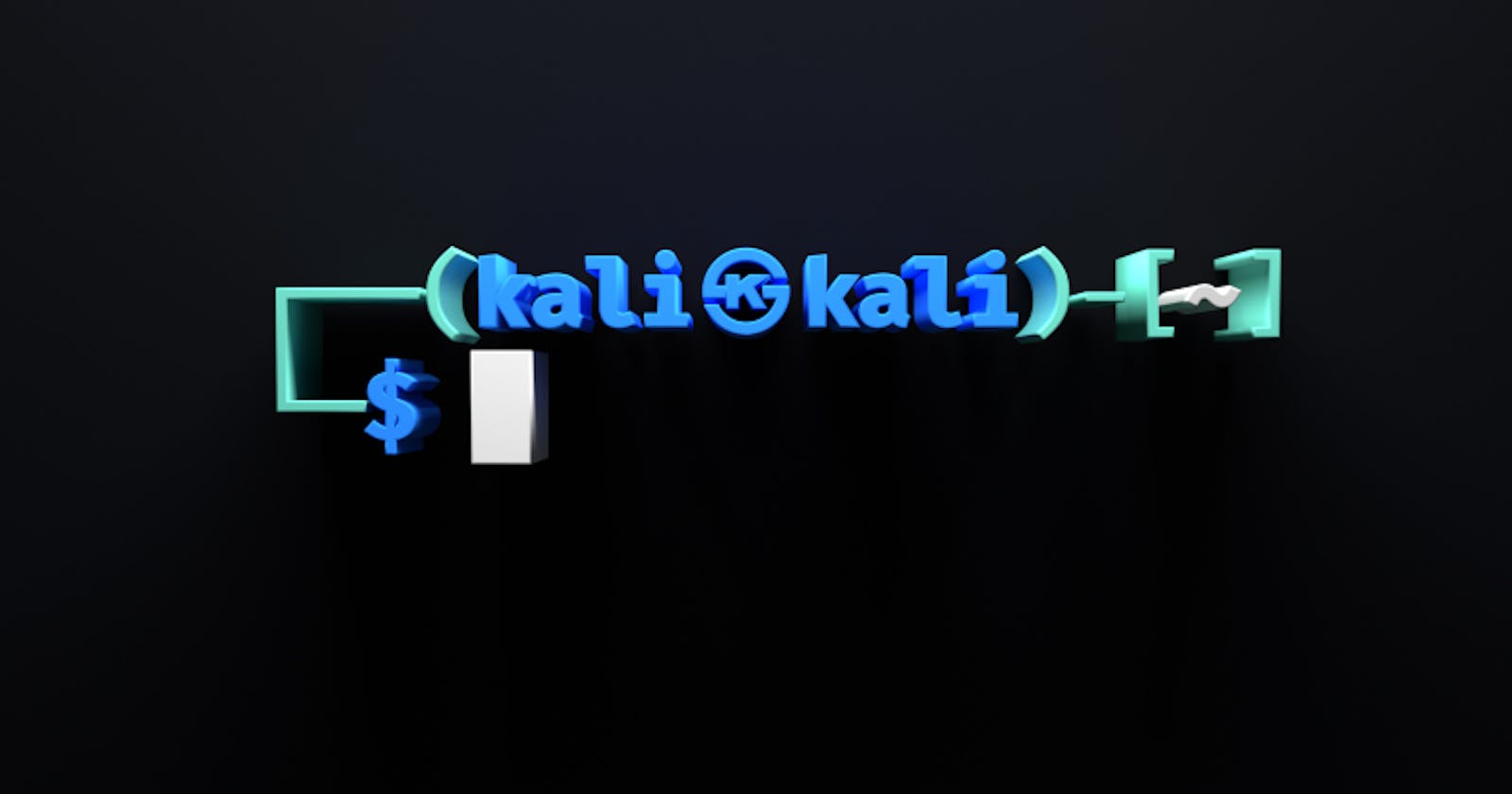BACKGROUND
I was a Windows user right from the start until I switched to Linux. I hadn't used any other OS before. I was using Windows until a few years back. I first used Linux in VMware, and it was not GUI-friendly. Getting that out of my mind I used Kali for a couple of months then I used Kali as my main OS removing windows completely. After that I found a difference in battery life support, speed and efficiency of the OS.
Here is a short background of Linux OS.
Linux
Linux stands for Lovable Intellect Not Using XP which was built by and named after Linus Torvalds in 1991. Linux is a Unix-like, Open source and community-developed operating system(OS) for computers, servers, mainframes, mobile devices and embedded devices.
Distribution of Linux
Popular Linux distributions include Debian, Fedora Linux, Arch Linux and Ubuntu. Commercial distributions include Red Hat and SUSE Linux Enterprise. Linux was originally developed for personal computers based on the Intel x86 architecture but has since been ported to more platforms than any other operating system.[1]
User Interface
The user interface is either a command-line interface(CLI), a graphical user interface(GUI), or controls attached to the associated hardware (Embedded Systems). CLI shells are text-based user interfaces, which use text for both input and output. GUI shells, packaged together with extensive desktop environments, such as KDE, Plasma, GNOME, Xfce, MATE, Cinnamon, LXDE and Pantheon, though a variety of additional user interfaces exist.
I used GNOME to customize my desktop and I am still using it.
Advantages of Linux
Open-source Software
Linux is available for everyone to contribute, modify and enhance the source code. With no restrictions on how you use the software.
Security
Linux is not completely safe but is less vulnerable and more secure. Each application needs to be authorised by the admin user. It is also highly customizable, which means that users can modify the source code to meet their specific security needs.
Free
The biggest advantage of the Linux system is that it is free to use. We can easily download it, and there is no need to buy the license for it.
Lightweight
The requirements for running Linux are much less than other operating systems. In Linux, the memory footprint and disk space are also lower.
Software Updates
Software Updates in Linux are in the User's control. The system cannot force the user to update and automatically update. The user needs to run a command in the terminal to update their software.
Community Support
If you ever get stuck anytime when working with Linux you can find support from various sources. There are many forums available on the web to assist users.
Networking
Linux facilitates powerful support for networking. The client-server systems can be easily set to a Linux system. It provides various command-line tools such as ssh, ip, mail, telnet, ssl, netstat and more for connectivity with the other systems and servers. Tasks such as network backup are much faster than others.
Many other advantages can be found on web search.
Looking at these advantages and my own experience I preferred Linux OS. It has an open-source nature, robust security features and vast customizable options, strong community support and constant updates. Every operating system has its merits, for me, Linux stands out as the optimal choice.
References
[1] Barry Levine(August 26, 2013)."Linux' 22nd [sic]Birthday Is Commemorated - Subtly - by Creator". Simpler Media Group, Inc. Archived from the original on May 18, 2015. Retrieved May 10, 2015. "Originally developed for Intel x86-based PCs, Torvalds' "hobby" has now been released for more hardware platforms than any other OS in history."

